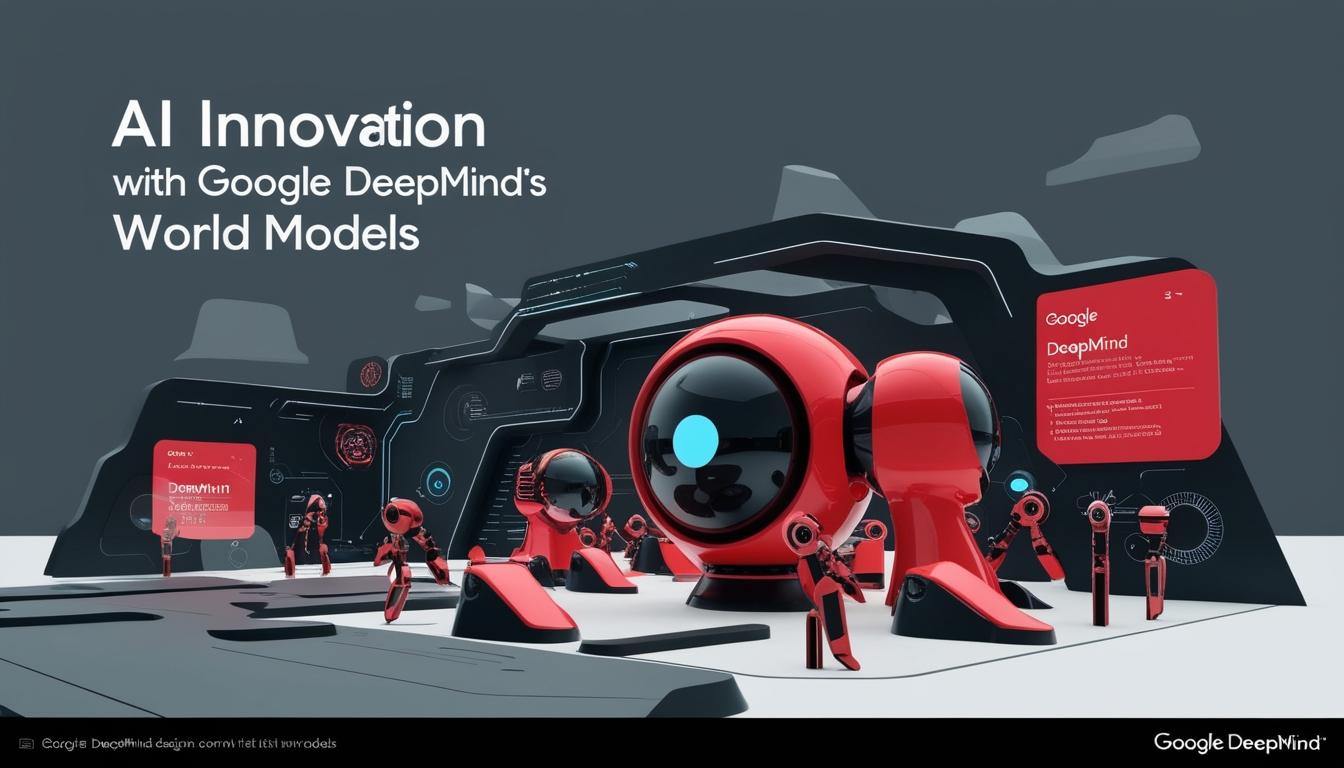Google DeepMind has recently constituted a dedicated team focused on the advanced development of world models in artificial intelligence (AI) technologies. This initiative aims to enhance decision-making, planning, and creativity within organisations, marking a significant step forward in AI innovation. The team’s goal is to simulate complex real-world and virtual environments, which holds potential applications across various domains including robotics, gaming, and autonomous systems.
World models are invaluable computational frameworks. They allow AI systems to learn from and replicate multifaceted environments, providing essential functionality in sectors such as robotics and interactive entertainment. For instance, autonomous vehicles could utilise world models to navigate and simulate road patterns, while generalist AI robots might train in alternative environments beyond real-world scenarios.
However, the scaling of AI models remains a pressing challenge within the sector. The new team at Google DeepMind is directed towards the development of safe and complex training environments essential for embodied AI systems. In a recent job posting, DeepMind specified the importance of scaling AI models through pretraining with multimodal data and video to contribute towards the goals of artificial general intelligence (AGI). The applications of world models are expected to benefit areas such as visual reasoning, planning for embodied agents, and engaging in interactive entertainment.
Leading this ambitious initiative is Tim Brooks, formerly of OpenAI, noted for his role in the generation of the viral AI video model known as Sora. Brooks' expertise is anticipated to advance the success of Google DeepMind's existing generative models, which include Gemini, a large multimodal model, Veo, a video generation model, and Genie, a prominent world model. The collaborative focus on these existing models, particularly the anticipated Genie 2, aims to enhance their capabilities significantly.
Genie 2 is positioned to revolutionise how text and images are transformed into interactive 3D worlds. Unlike its predecessor, which only exported basic 2D graphics, Genie 2 promises to deliver rich 3D experiences that incorporate complex object interactions and realistic environmental physics, including gravity and fluid dynamics.
The development of world models comes at a time of intense competition within the AI industry, with companies such as World Labs—backed by notable investors such as Geoffrey Hinton and Marc Benioff—also making significant strides. World Labs raised $230 million in the previous year alone, exemplifying the rapid growth within this sector. Google DeepMind's advancements, including the successful AI model AlphaFold2, which addressed long-standing challenges in biochemistry, underscore its commitment to remaining at the forefront of AI innovation against formidable rivals such as OpenAI, Meta, Microsoft, and Amazon.
Looking ahead, Google DeepMind aims to further expand the capabilities and applications of world models, ultimately enhancing the company’s competitive edge while exploring new opportunities across various sectors. As DeepMind continues to innovate, the future of AI appears increasingly promising, with world models set to play a central role in the evolution of intelligent systems.
Source: Noah Wire Services
